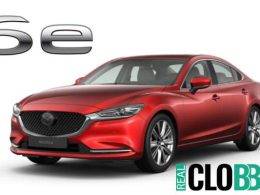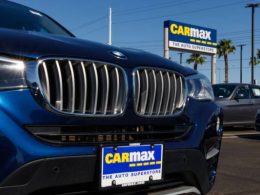Reuters, WASHINGTON – New battery sourcing regulations went into effect on Monday, which meant that many electric vehicles—including the Nissan Leaf, Tesla Cyber Truck All-Wheel Drive, and Chevrolet Blazer EV—lost their eligibility for tax credits of up to $7,500, according to the U.S. Treasury.
To shift the supply chain for electric vehicles in the United States away from China, the Treasury released guidelines in December that included new requirements for the sourcing of batteries. They became operative on Monday.
From 43 to 19, fewer EV models were eligible for US EV tax credits. These numbers comprise various iterations of the same vehicle model. According to the Treasury, the list may change since some manufacturers have not yet submitted data on eligible vehicles.
Under the new regulations, purchasers can claim a $7,500 tax credit at the point of sale at a dealership that is a participating dealer. The vehicle price and the buyer’s income are limited by the tax credit.
The cars that were no longer eligible for tax credits include the Cadillac Lyriq, Ford E-Transit, BMW X5 xDrive50e (BMWG.DE), Volkswagen ID.4, Audi Q5 PHEV 55, and Tesla Model 3 Rear Wheel Drive.
Except for the Chevrolet Bolt, General Motors (GM.N) announced that all of its EVs would temporarily lose their eligibility. The company added that the Lyriq and Blazer EVs are no longer eligible due to two small issues.












